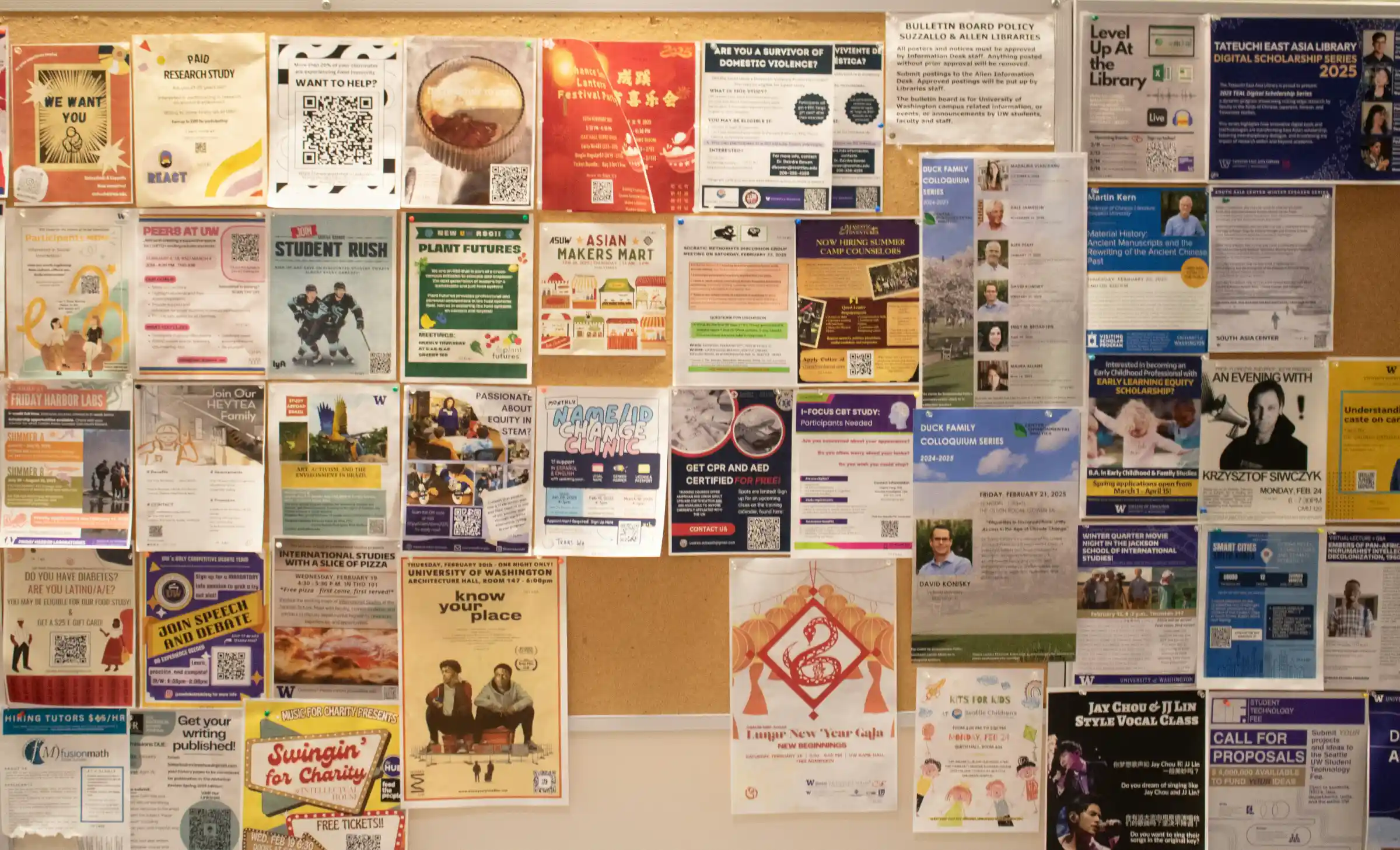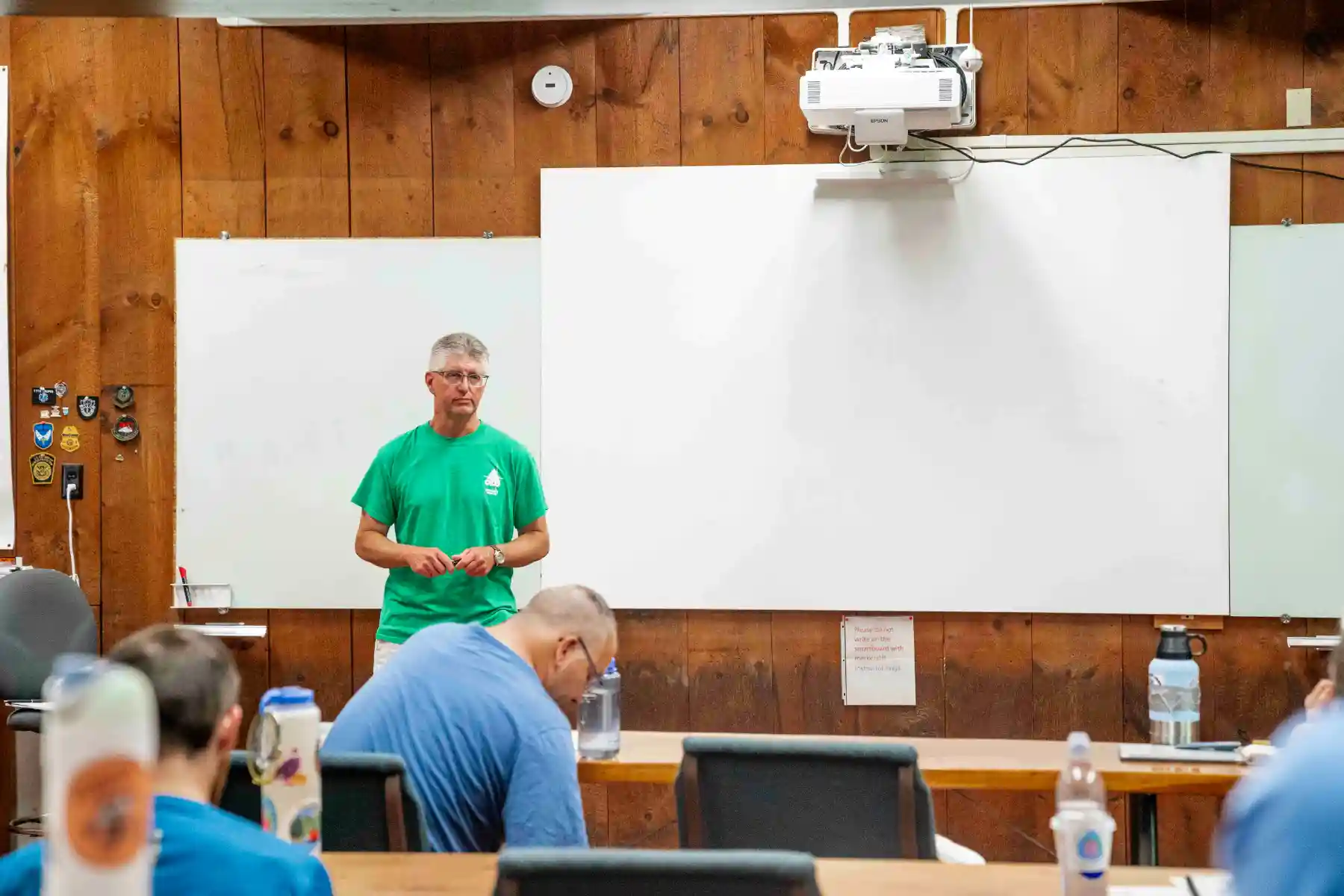For Education Leaders
Get proven strategies and expert analysis from the host of the Learning Can't Wait podcast, delivered straight to your inbox.
Exploring the Future of Learning Management with Moodle

The Learning Can't Wait podcast recently featured Scott Anderberg, a key leader at Moodle, who shared insights into the platform’s evolution, its approach to artificial intelligence (AI), and the power of open-source collaboration in education. Moodle has long been a leading learning management system (LMS) used worldwide, and its commitment to inclusivity, innovation, and user-driven development continues to make a global impact.
If your school or district is seeking expert guidance on implementing virtual learning solutions or looking to fill vacancies with certified online educators, Fullmind can help. We provide state-certified, experienced virtual teachers and instructional support staff to help schools make the most of platforms like Moodle and ensure every student’s success—no matter where they learn. Learn how Fullmind can power your online instruction.
AI in Moodle: A Value-Centric Approach
With the rise of large language models (LLMs) and generative AI, the education technology landscape has dramatically shifted. Anderberg explained that Moodle is approaching AI with a strong focus on values, ensuring that new technologies align with the platform’s mission of inclusivity and accessibility. The latest release of Moodle includes an AI subsystem, providing users with the foundational tools needed to build AI-powered features within the platform.
This approach serves two purposes:
- It enables a diverse global community to innovate and develop AI functionalities tailored to their specific educational needs.
- It ensures AI is not locked within Moodle’s core product but remains an open, adaptable resource that educators and institutions can leverage in meaningful ways.
Moodle is already integrating AI into areas like content creation and administrative support, but its open-source framework allows the global community to explore and develop even more applications. However, a crucial consideration for Moodle is ensuring that AI advancements remain accessible to all users, regardless of geographic or economic constraints. With Moodle serving 237 countries, varying regulations and resource availability make it essential to develop AI tools that are equitable and widely usable.
For those interested in Moodle’s AI developments, explore Moodle’s AI subsystem documentation to learn more about its capabilities and future potential.
Moodle’s Core Philosophy: Social Constructivism and Open Source
One of Moodle’s standout features is its foundation in social constructivism, a learning theory emphasizing collaborative and interactive learning experiences. Anderberg highlighted that every element of Moodle is designed to connect learners with their peers and instructors, fostering a more engaging and community-driven educational experience.
This philosophy is amplified by Moodle’s open-source nature, allowing educators, developers, and institutions to customize the platform to meet their unique needs. Anderberg shared an inspiring example from South Australia, where an organization called The Inventory modified Moodle’s interface to support at-risk high school students. By completely redesigning the user experience, they created a self-directed learning environment where students can earn their diplomas in a structure that suits their learning styles.
A Small Change with a Big Impact: Activity Buttons
While major innovations like AI and open-source customization shape Moodle’s long-term evolution, sometimes small changes can have a significant impact. Anderberg pointed to a simple but highly effective update: the addition of a plus button that allows users to add activities anywhere on a page.
Previously, users had to scroll to the bottom of a page to insert new activities, which disrupted workflow and navigation. This change, originally suggested and developed by a high school teacher in Switzerland, has now been integrated into Moodle’s core, benefiting educators worldwide. It’s a perfect example of how Moodle’s open-source model enables grassroots innovation that enhances user experience on a global scale.
How Moodle Collects and Implements User Feedback
Given Moodle’s emphasis on community-driven development, the platform has several avenues for educators and administrators to provide feedback and suggest improvements. Moodle maintains an extensive network of forums and feedback channels where users can contribute ideas, report issues, and collaborate on new features.
For those looking to submit ideas or participate in discussions, visit the Moodle Community forums to engage with fellow educators and developers.
Advice for New Moodle Users: Stay Curious
When asked for advice for educators using Moodle for the first time, Anderberg emphasized the importance of curiosity. He encouraged teachers to explore Moodle’s features, experiment with different tools, and engage with the community to discover new ways of enhancing their teaching.
“Curiosity keeps you both open to relationships and open to discovery,” Anderberg said. “It allows us to go deeper and be surprised by what we find.”
For educators just starting with Moodle, a great place to begin is the Moodle Academy, where users can access training and resources to maximize their use of the platform.
Final Thoughts
Moodle’s continued evolution highlights the power of open-source collaboration, AI-driven innovation, and an unwavering commitment to inclusivity in education. As the platform adapts to new technological advancements, its user-driven development model ensures that educators worldwide have the tools they need to create impactful learning experiences.
For Education Leaders
Get proven strategies and expert analysis from the host of the Learning Can't Wait podcast, delivered straight to your inbox.
Let’s Work Together
We’ll review your application and get in touch!






.webp)




.webp)
.webp)



.webp)



.webp)
.webp)


.webp)
.webp)
.webp)











































.webp)



%20.webp)






















